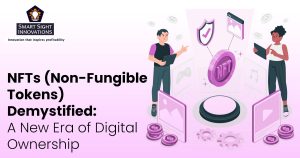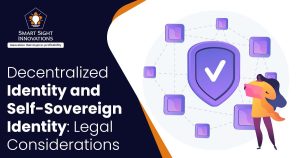
Crypto Regulations by Country: A Global Overview (Part 2)
Six countries’ crypto laws were covered in Part 1. This article’s Part 2 discusses a few more countries and their cryptocurrency laws.

Six countries’ crypto laws were covered in Part 1. This article’s Part 2 discusses a few more countries and their cryptocurrency laws.

Cryptocurrencies are digital or virtual money that run on decentralized blockchain-based networks and employ encryption for security. Traditional currencies are issued by governments and central

Blockchain is a distributed ledger that records transactions securely, openly, and in a tamper-resistant manner across a network of computers. The data is kept in

Despite their differences, blockchain technology and space exploration are combining to create new opportunities for automation, decentralized applications, and data integrity. Blockchain is a distributed,

Web development has seen a constant evolution to meet the ever-changing demands of the digital landscape. Browser and server caching strategies collectively contribute to a

Website speed is a pivotal factor influencing user experience and overall digital success. In today’s fast-paced online environment, users expect instant access to information, and

In the digital realm, the importance of swift page load times cannot be overstated. Rapid access to content is integral to user satisfaction and retention.

Non-Fungible Tokens (NFTs) have a long history that dates back to the early stages of blockchain technology. While the concept of unique digital assets existed,

In the ever-evolving landscape of technology, blockchain stands out as a transformative force, reshaping the foundations of trust, transparency, and transactional efficiency. Its decentralized and

Within an organization or system, identity management refers to the act of creating, preserving, and managing an individual’s digital identity. It encompasses the tools, policies,




